Adam Parfrey, an Uncompromising Rebel
The founder and proprietor of the Feral House publishing company, who died May 10, was one of America's most courageous and unconventional publishers.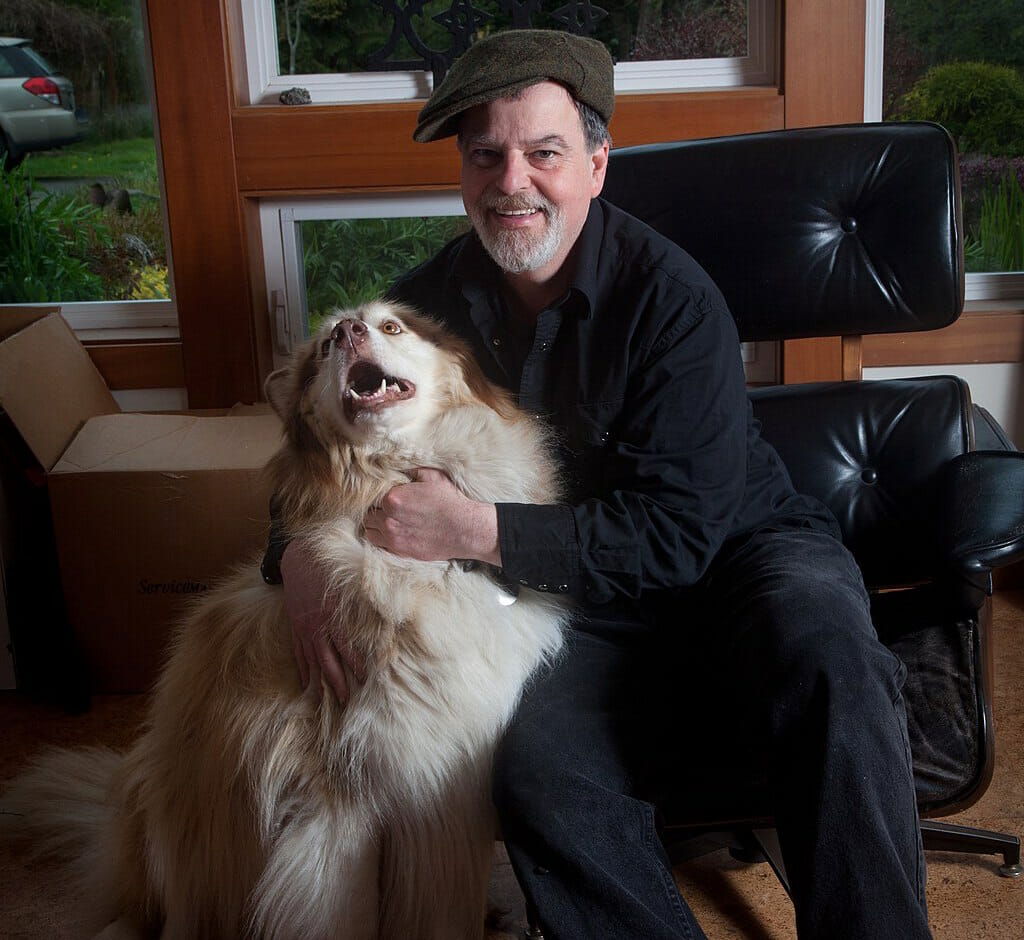 Adam Parfrey in 2011. (Carrie Lorraine / Wikipedia)
Adam Parfrey in 2011. (Carrie Lorraine / Wikipedia)
“Whatever provokes satisfies me,” Adam Parfrey, one of America’s most courageous and unconventional publishers, told podcaster Marc Maron in 2016. “If it stimulates thought, that’s perfect.”
Parfrey, founder and proprietor of the Feral House publishing company, died May 10 in Seattle, the victim of a stroke at the age of 61. He left a legacy of books which are controversial and wouldn’t be touched by mainstream publishers. He was to the smug, materialistic 1980s and 1990s what the Grove Press was to the narrow, repressed culture of post-World War II America.
Years ago, Adam was my son-in-law. My wife Nancy wrote on the Feral House Facebook page, “Adam and our late daughter, Robin, were married when they were very young. The marriage didn’t work out, but we all (including Robin) remained friends. He was a nice guy. Brilliant, too.” We had visited with his late parents, Woody, a well-known character actor, and his mother, Rosa. I have talked over the years with his brother, Jonathan, an environmentalist and social activist, who is executive director of Climate Change.
“Nice guy” is an unlikely but accurate way of describing such an uncompromising rebel. He was a warm and friendly man. But once he was writing and editing, he had the heart and mind of a rabble rouser, scornfully ignoring the bland, conventional way that the media business—broadcast, internet, newspapers, magazine, books—approaches events.
Maron, the well-known podcaster whose guests have ranged from Adam to President Barack Obama, said on his website that Adam “had a profound effect on the brain of young Marc Maron. … Adam opened the minds of many unsuspecting readers to the weird, the marginal, the obscene and the mysteries of the world hidden in plain sight.”
Ellis W. Conklin wrote in Seattle Weekly in 2010, “In essence, what Parfrey does is publish books that explore the marginal aspects of culture. And in many cases … he sheds light on subjects that society prefers to leave unexplored, carving a niche catering to those of us with an unseemly obsession with life’s darkest, most depraved sides.”
Feral House’s long book list reflects that. Adam’s most famous—and best-selling book—was “Apocalypse Culture,” a collection of essays and articles he edited. The late J.G. Ballard, a respected author of dystopian literary fiction and the more conventional “Empire of The Sun,” wrote that the book is “compulsory reading for all those concerned with the crisis of our time … an extraordinary collection unlike anything I have ever encountered. These are the terminal documents of the 20th Century.”
Other titles include “Apocalypse Culture II,” with a contribution from Unabomber Ted Kaczynski; “White House Call Girl”; “Anne Bonny, The Infamous Female Pirate”; and “A People’s History of Civilization,” by John Zerzan, who critiqued agriculture-based civilization as inherently oppressive and advocated drawing upon the lives and experiences of hunter-gathers for inspiration. One of Feral House’s books inspired Tim Burton’s film “Ed Wood.”
Adam also wrote “The Manson File: Charles Manson As Revealed in Letters, Photos, Stories, Songs, Art, Testimony and Documents.”
Some of Feral House’s books have been banned. Adam in 2014 criticized the American Library Association and Random House for not including small publishers like him who are ignored by “sanctimonious bookstores or libraries” in their “Banned Books Week.” He noted that Feral House’s “The Oklahoma City Bombing and the Politics of Terror” was “sued into non-existence” by the deputy chief of the FBI. “Most recently there has a been a call to ban and burn the satirical Feral House book Hipster Hitler. … the irony of the call to ban and destroy this satirical tome is just too fucking much,” he wrote.
Adam told podcaster Maron that “the things I publish conflict with The New York Times … or it’s considered craziness. But it’s part of American history … a big part of our culture, a big part of our political structure. … Think about eccentrics. Eccentrics are revered maybe in England, but they are ridiculed, cast aside in the United States. You can’t be eccentric.”
Eccentric is an odd—actually an eccentric—way of thinking of Charles Manson. But the killer was part of our history, as was the Unabomber and some of the others whose stories Adam told.
A number of writers and editors understood that. They were inspired by his imagination and determination to give a voice to society’s outcasts.
Adam was an example to those of us who write and edit for publications scorned by the mainstream, which aim to do the same.
Your support is crucial…With an uncertain future and a new administration casting doubt on press freedoms, the danger is clear: The truth is at risk.
Now is the time to give. Your tax-deductible support allows us to dig deeper, delivering fearless investigative reporting and analysis that exposes what’s really happening — without compromise.
Stand with our courageous journalists. Donate today to protect a free press, uphold democracy and unearth untold stories.

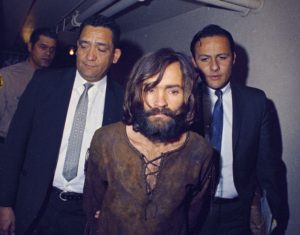
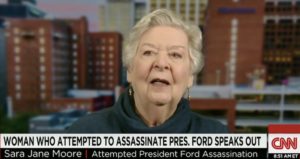
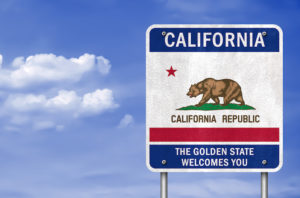
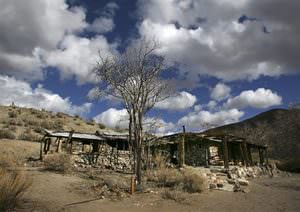


You need to be a supporter to comment.
There are currently no responses to this article.
Be the first to respond.